A peek at my “map scrap” for NEVER THE ROSES, updates on ARCs, and endorsement quotes as another new-to-me term. Also, not taking other people so seriously and the internet as a weapon against loneliness.

RITA ® Award-Winning Author of Fantasy Romance
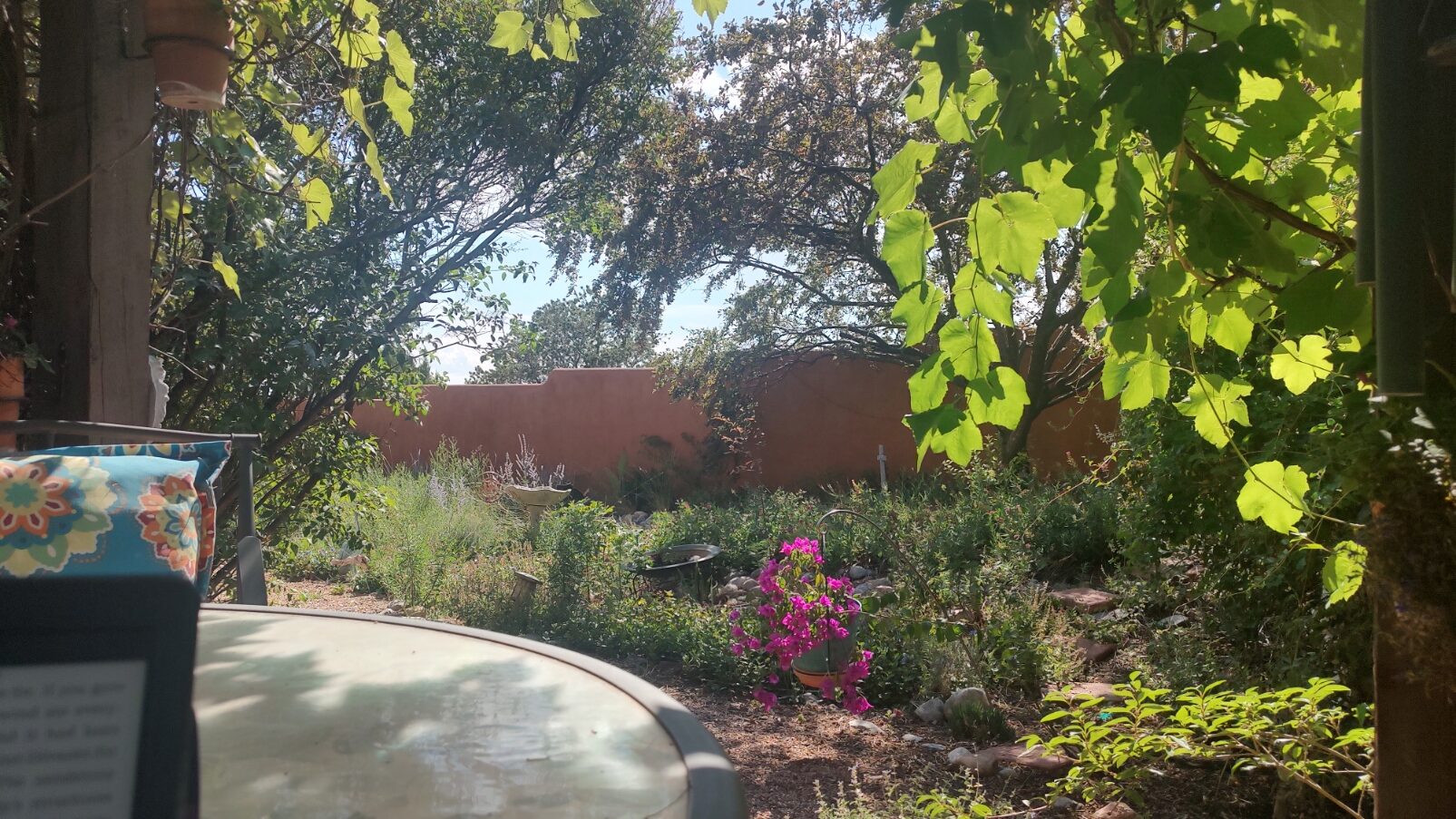
A peek at my “map scrap” for NEVER THE ROSES, updates on ARCs, and endorsement quotes as another new-to-me term. Also, not taking other people so seriously and the internet as a weapon against loneliness.


Why I fell off the face of the earth (or at least, the internet) this week and what I’ve been doing. Also a peek at the gorgeous box and hardcover edition of BENEATH THESE CURSED STARS by Lexi Ryan!


I’m back from a truly fabulous Nebula Conference and giving a full round-up on all things wonderful, including a super fun elevator encounter.


Happy New Year! I’m back from an (almost) unprecedented two-week break, talking about working smarter not harder really panned out in 2023 and a deep dive into author finances as a full-time writer.

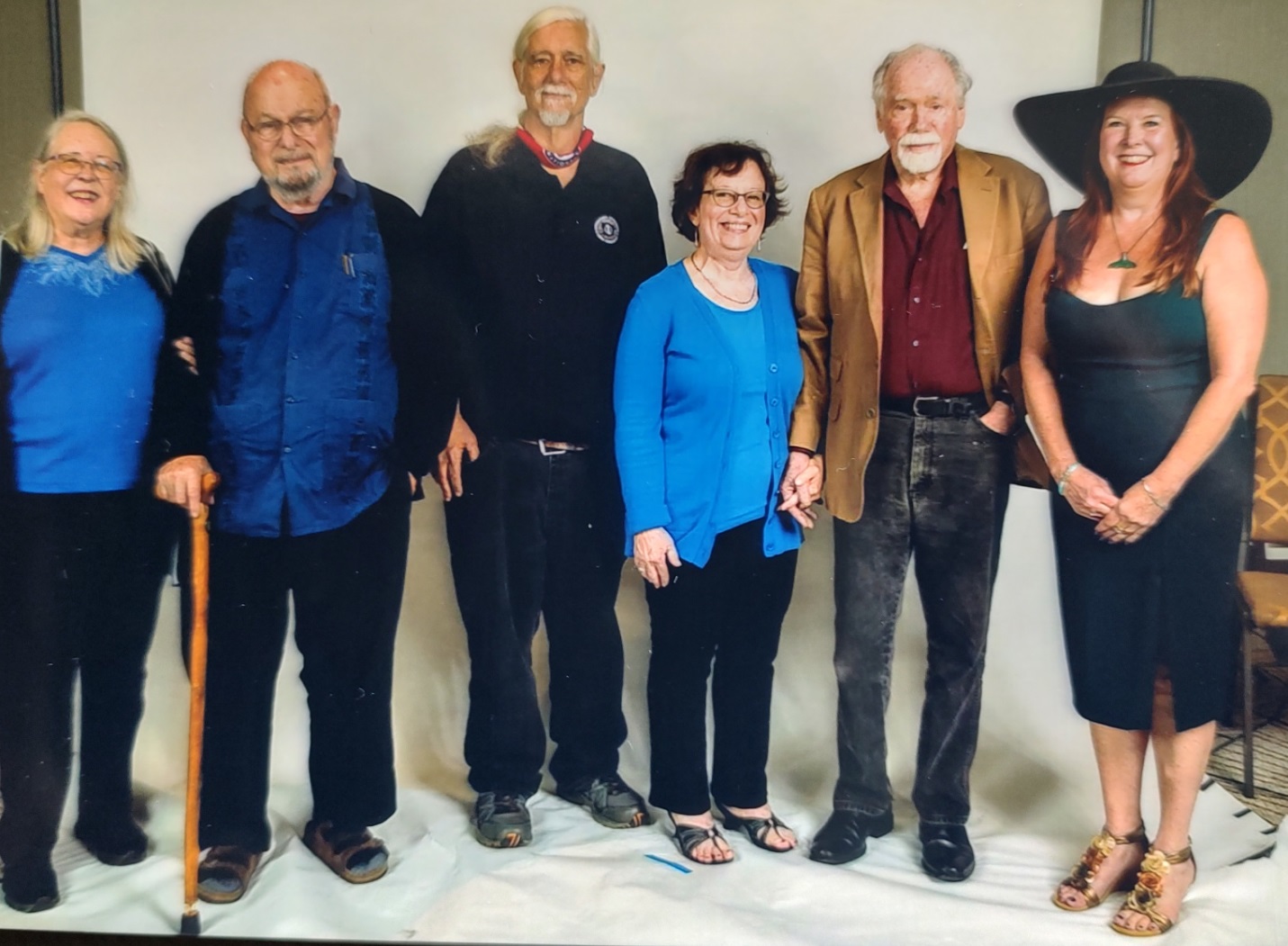
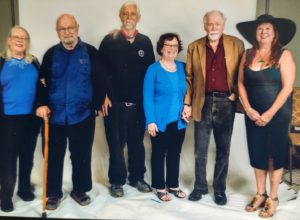
I’ve just returned from Nebula Conference and this moment was a highlight: the photograph of SFWA past-presidents in attendance. From left is Gay Haldeman, SFWA Ombudsman; Joe Haldeman, SFWA Grandmaster and past-president; Michael Capobianco, past-president; Karen Silverberg, novelist; Robert Silverberg, SFWA Grandmaster and past-president; and lil’ ol’ me. Quite a heady experience!
This week at the SFF Seven, we’re talking about the Picking and Choosing—how do you decide which idea to write?
This is the eternal question, with many factors affecting the answer.
Some factors are practical, especially if you make your living as a writer, as I do. To keep that income flowing, I have to think about the next book in the series – both for the sales and to keep my readers happy – and I have to look at what’s selling best for me. Likewise, in working with my agent – the fabulous Sarah Younger at Nancy Yost Literary Agency – I coordinate with her on what she thinks she can sell for me, along with her schedule, balancing me with her other clients on reading, editing, etc.
Then there’s the creative side…
As we develop as writers, one of the primary skills and disciplines we must learn is how to *finish* a work. There are a lot of would-be authors out there with a few to dozens of unfinished manuscripts. It’s a thing and you HAVE to learn to overcome it. A big piece of learning to finish a work is setting aside the New Shinies – the ideas that turn up, alluring as fae lights in the darkness, luring the unwary writer into a merry chase that leads nowhere. By the time the writer returns from the wild pursuit of flickering delight, their work in progress has aged and they have nothing to show for their efforts.
Then again…
Sometimes an idea descends and demands to be written. It’s only happened to me a few times, but it’s happened recently and – though I have lot practice, skill, and discipline at resisting the siren song of the New Shiny – I finally capitulated to writing it. We’ll see what happens.
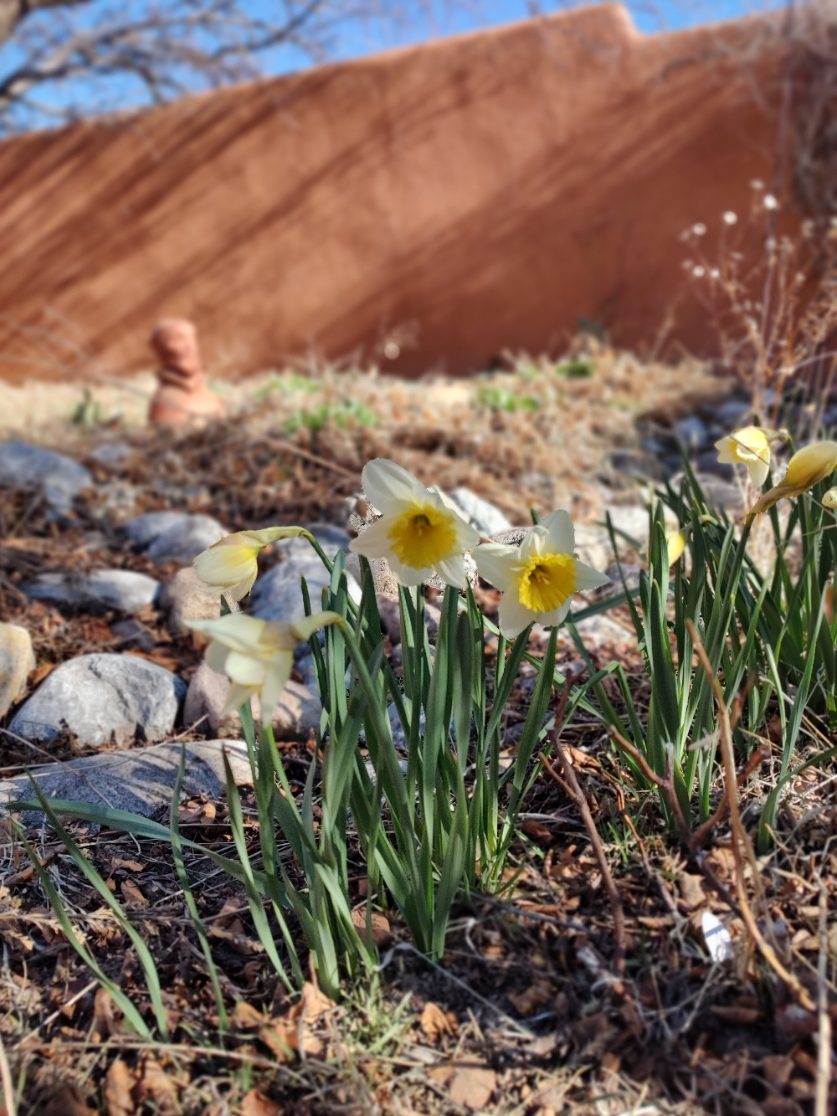
What to do when an author’s editor leaves the house, the one question to ask career authors, studying movies made from books to understand theme and what subplots/side characters aren’t important.

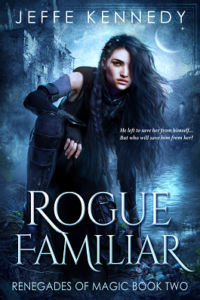
Our topic at the SFF Seven this week is Artificial Intelligence (AI) and what’s going on there with the creative professions. I have Opinions, which boil down to my conviction that nothing can replace human creativity. But a lot of very smart people have written on the topic and SFWA has been collating those. Go read those excellent articles.
For my part, I’m trying to get ROGUE FAMILIAR written. I’ve passed 60K words and I’m closing in on the Act II Climax. I’m getting there! But I’m not there yet. No way can I make a March release date. So I’ve pushed the release back. Amazon will tell you the new release date is April 24, but that’s a handy lie. That’s just the farthest date I could push to, just in case. I’m guessing it will be more like April 7 or 10. I can always release early! I know you all are patient and supportive, so I don’t need to apologize. (But I feel I do.) Anyway, I’m working away on this!
No AI involved.
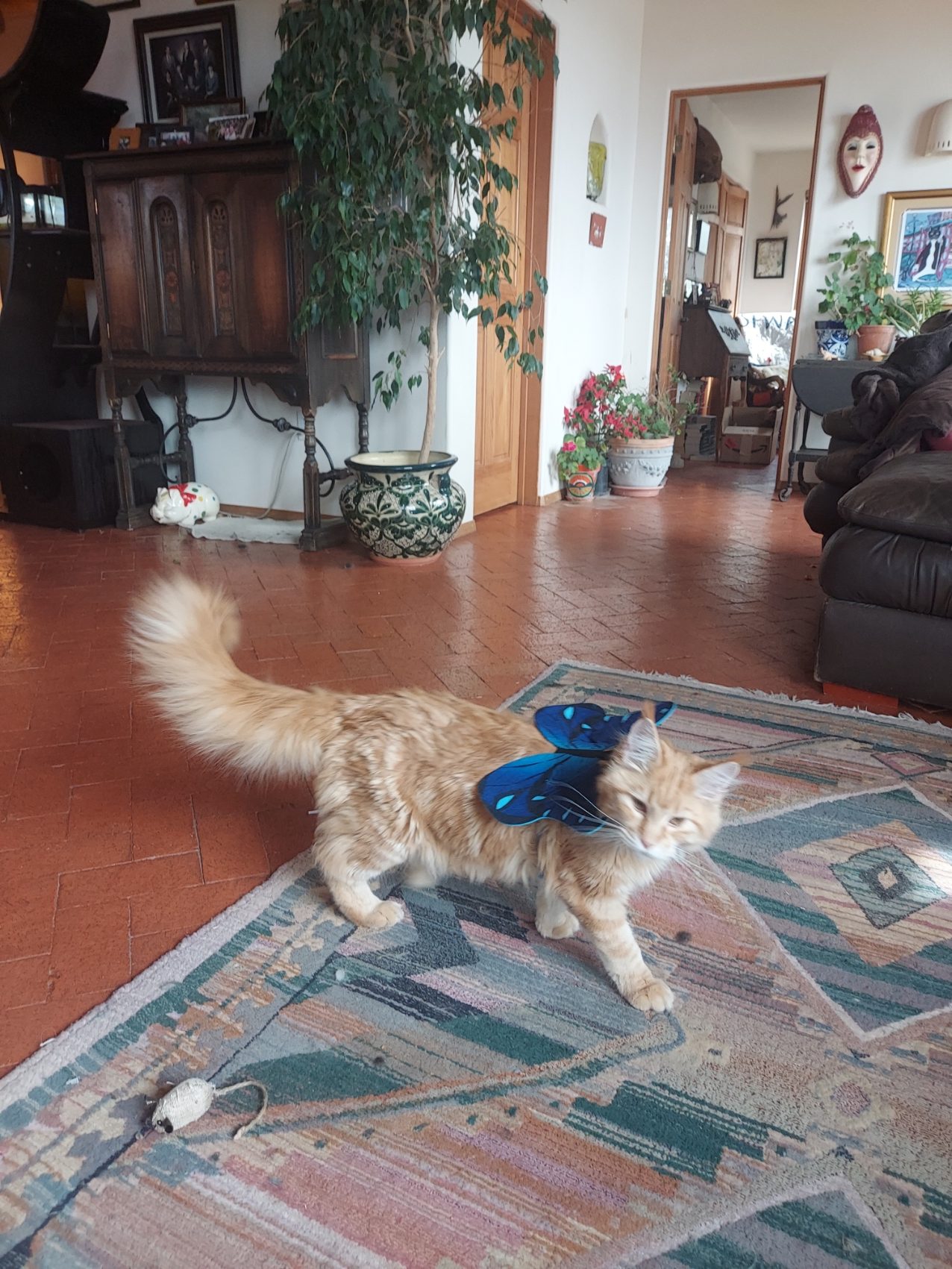

Last night, SFWA did the big online show to announce our Nebula finalists. Killian got to play a special role in a guest appearance as a catterfly, a denizen of Planet Friend. Isn’t he adorable?
But catterflys aren’t our topic at the SFF Seven this week. Pity. Instead, we’re discussing blurbs and how to write better ones.
Now, there’s some confusion out there about exactly what a “blurb” is. In traditional publishing, a blurb is what one author says about another. Along the lines of “Golly gee whiz, this book was better than espresso brownies!” In indie circles, self-published authors tend to call the book description a blurb, whereas the trad community refers to it as the back cover copy or BCC.
Taking my cue from KAK yesterday, I’m going with the BCC definition. Except there’s no freaking way I’m going to write that before I write the book. My writer brain doesn’t work that way. However, I can give advice on how to write your BCC.
The Basics
The BCC structure is very simple and looks like this for a book with romance:
Paragraph 1: What the protagonist wants, why they want it, and why they can’t have it. Should include both external and internal conflicts, if present.
Paragraph 2: What the other protagonist wants, why they want it, and why they can’t have it. Should include both external and internal conflicts, if present.
Paragraph 3: How these two intersect, make each other’s lives more difficult, and present a threat to them ever getting what they want.
Boom. Done.
Level Up
Once you have the basic stuff in there – and I just sketch it in to get the structure and dynamics – then I polish it up. Remember: while you want to give a sense of the story to the reader, you also want to entice. Exact details are less important than posing intriguing questions. Hint at secrets and drama. Resist naming too many names or places. Those aren’t important at this stage. A sense of who the characters are and the challenges they face are what matter. Make sure the genre is clear. Choose vivid, active words. Make it sizzle and excite!
Advanced Tricks
Once you have it polished and seductive, see if you can slip in some keywords for the genre. Think what readers might search for. References tropes. (Then go back and polish so it sounds good.)
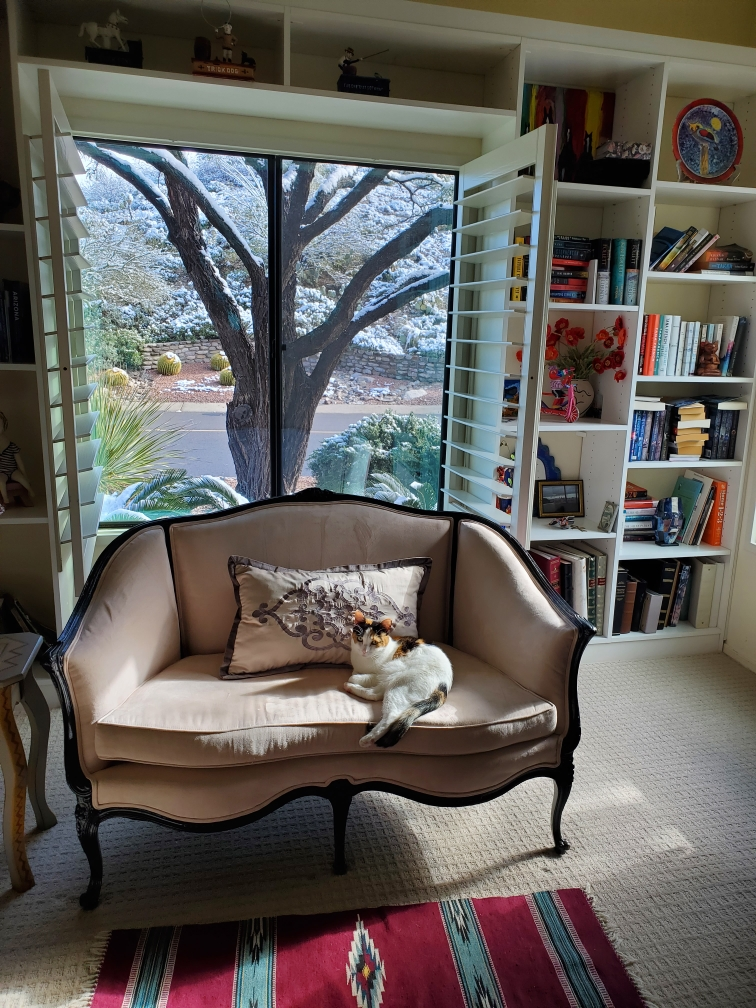
I’m (finally!) talking about book boxes and their business models. Some are great! Others not so much. How do you tell? Also on scheduling creativity, especially making a living as an author.
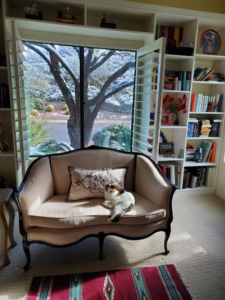
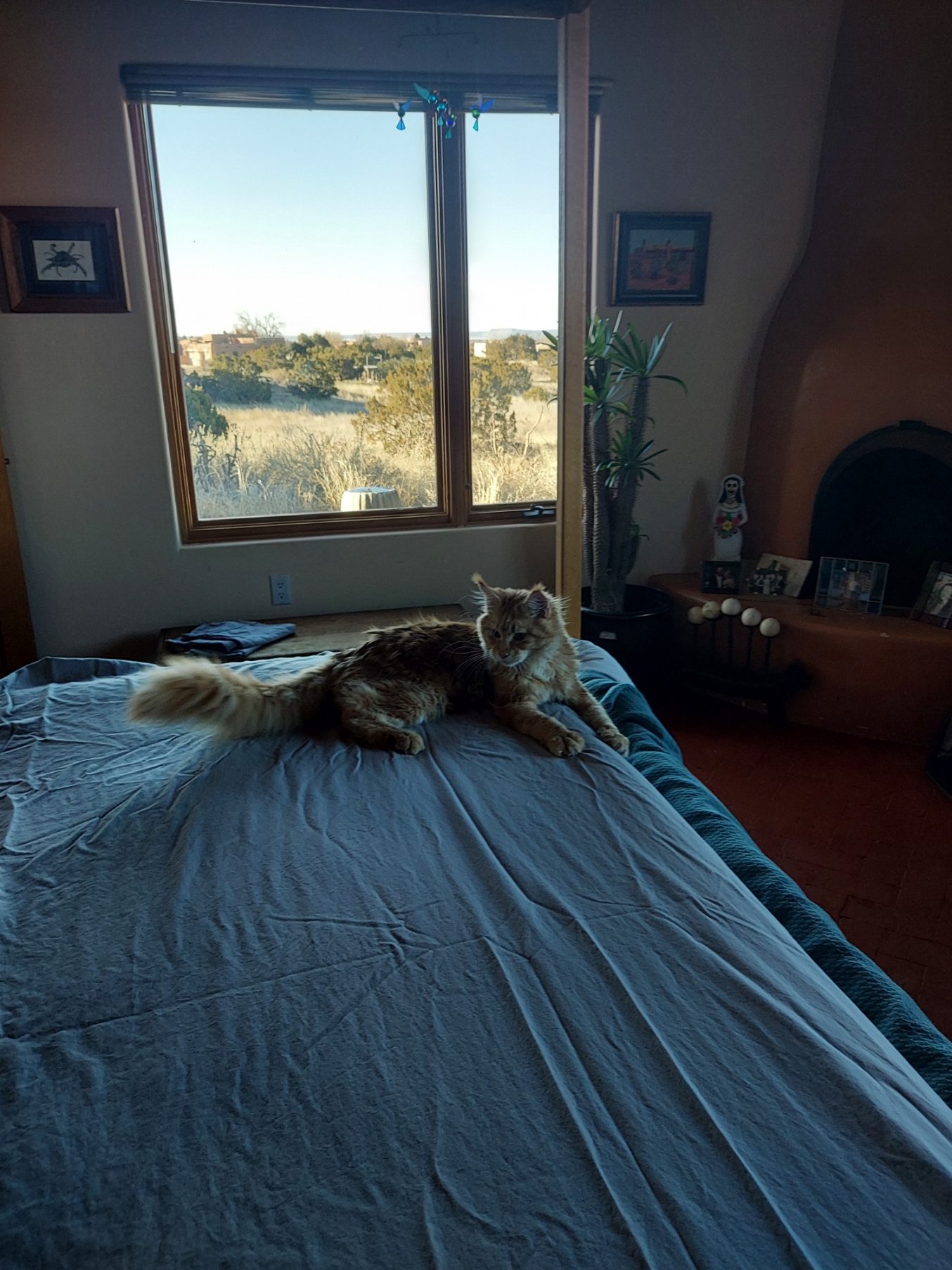
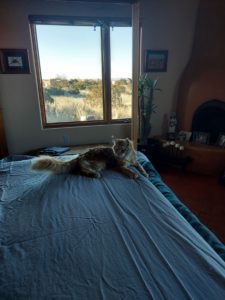
This week at the SFF Seven we’re talking ethics. We’re asking each other: what thorny issues have your dealt with or worry about as an author?
I can’t say that I’ve dealt with thorny issues as an author. The ethics there are pretty clear to me. But then, I’m often described as a very ethical person, which pleases me because being ethical is a core value of mine.
Most of the ethical issues I wrestle these days are author-tangential, primarily in my role as the President of SFWA (Science Fiction and Fantasy Writers Association). As a 501(c)3 charitable organization, we have a fair number of ethical lines assigned to us by the IRS in order to maintain our tax-exempt status. One of the primary concerns is that I avoid “self-dealing.” What this means is that I can’t line my pockets with SFWA money. Remember Unicef in the mid-90s, when it came out that they’d “lost” billions of dollars? Lots of hands dipping into those pots of money and stowing the funds in their own pockets instead of using them for the charitable purposes of the organization. That’s the clear, bright line: don’t take money from the organization.
Where it gets fuzzier are the areas of conflict of interest (COI). In my old day job, I had to take COI training, so I find myself often in the position of explaining COI to people. A clear example would be that I can’t use my position as president to get the board to vote to hire me as an author coach for SFWA members. That’s absolutely conflict of interest, because I’d be using my influence to send SFWA money to my pockets. What’s less clear is when I’m not using my influence and the recipient isn’t directly related to me, but it might LOOK that way. This is where it gets difficult for people, because we have to understand that the APPEARANCE of COI is just as much of a problem as actual COI.
For example, if the board votes to pay my friend to be an author coach, that can look like I influenced that decision, even if I had nothing to do with it. Think about a Sopranos scenario, where the lucrative construction contract “just happens” to go to the niece who is a contractor. Because people can and have attempted to do scurrilous things with money they’re responsible for directing, everyone has to be so far aboveboard that no one could possibly believe there was anything shady going on. What do we do in these cases? To continue the example, what if my friend is the very best candidate? I recuse myself from discussion and voting. In that way, we avoid not only actual COI, but any appearance of COI.
Next week – Tuesday, March 7 at 6pm MT! – we’ll be announcing this year’s finalists for SFWA’s Nebula Award. I’ve been in rehearsals for the show and it’s very fun, so tune in! https://www.facebook.com/events/198142222865460 I’ll be there announcing, but I won’t be one of the finalists. That’s because, as long as I’m President, I recuse my works from consideration. It could appear to be a conflict of interest, should one of my books final. Recusing myself is the ethical thing to do.